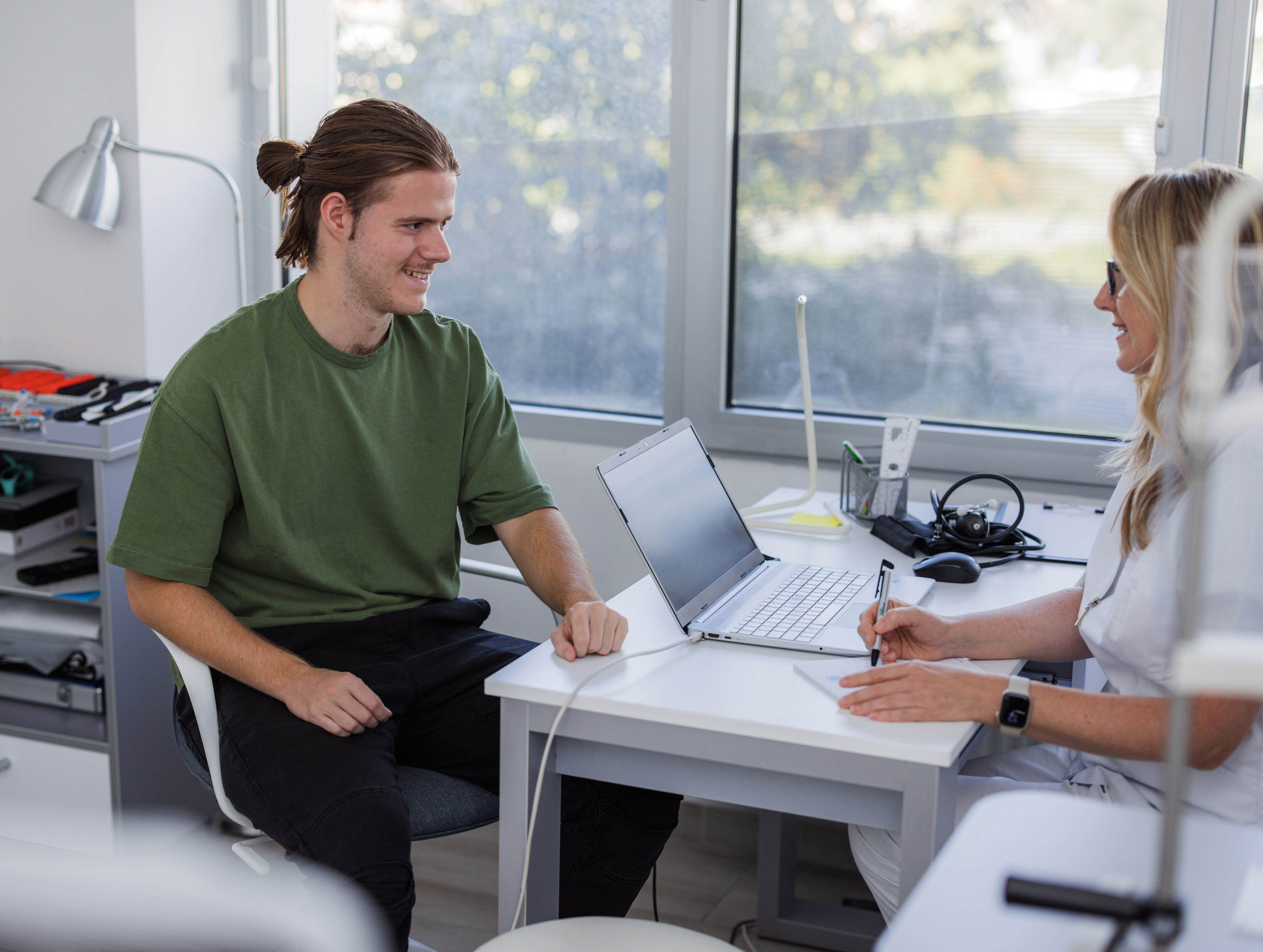News and articles
Articles and updates from Avant and its experts

Search Results

01 July 2025
Practitioner wellbeing: limiting the impact of notifications
At Avant, we regularly see the significant impact that complaints from patients can have on a medical practitioner. Doctors want to do the best for their patients and receiving a complaint can be confronting and distressing, as well as cause anxiety about loss of reputation, income or career.

29 June 2025
Historic case that set the standard for informed consent in Australia
This landmark Australian case clarified that doctors must inform patients about any material risks relevant to them.

22 June 2025
Are you secure enough to self-insure?
Discover how income protection and personal insurance can help medical professionals maintain their lifestyle in case of illness or injury.

19 June 2025
Sydney practice regains patient facing time with Avant’s 'revolutionary' virtual medical receptionists
Learn how our call overflow and virtual medical receptionist service helped a specialist practice free up time for answering referrers and improve patient experience.

19 June 2025
Online marketing for medical practices: 3 strategies to attract patients

17 June 2025
What type of patients are most likely to complain?
Guide to help doctors identify those likely to raise concerns, address issues proactively, & build positive doctor-patient relationships, to prevent complaints

09 June 2025
Leverage your business to avoid doctors’ greatest regret

